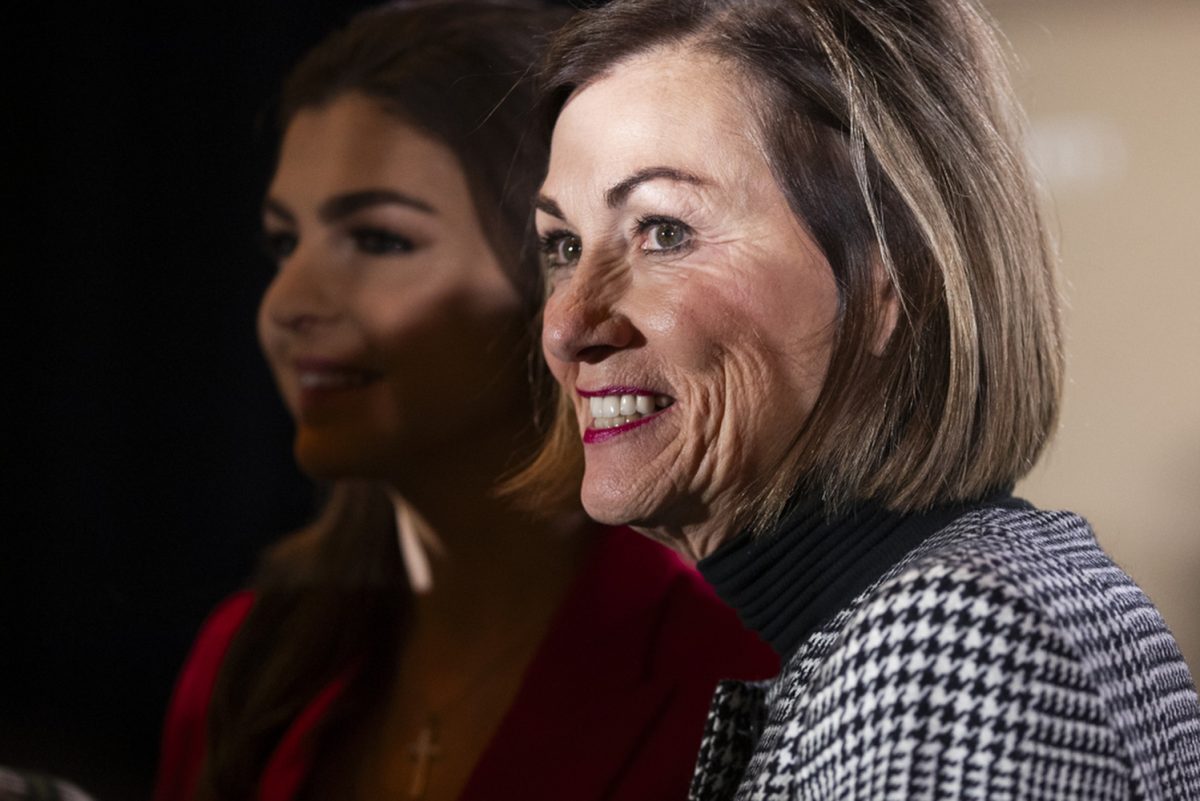Plagued by delayed voting and accusations of cheating and name-calling, controversy abounded during last spring’s UI Student Government election. This academic year, UISG faces an equally challenging year.
In order to have a successful term, UISG — which had its first meeting Tuesday night — must listen to student concerns and work to accomplish one issue at a time.
Accessibility runs through many of the incoming group’s ideas. The members are pushing to increase library hours and expand Internet access to more spots on campus — such as the Pentacrest — which would improve student life. They back a plan to let students pay for parking in university lots by charging it to their U-bill. Because parking officials recently began accepting credit-card payments, there is no reason UISG should not be able to persuade UI officials to allow U-bill payments as well.
And UISG members are also advocating for a more sustainable campus. UISG President Mike Currie told the DI Editorial Board he wants to focus on issues in which his administration can have an effect without excessive costs, in light of dramatic budget cuts.
But some of Currie’s ideas bring back memories of the kid who ran for student council in third grade who promised extended recess and Mountain Dew in the water fountains.
They’re simply implausible.
For one, the notion of implementing a fixed four-year tuition is nonsensical. Because tuition rates have been increasing rapidly, it could be acceptable to campaign for lower tuition. But to persuade the state Board of Regents to give students a set price their freshman year would be nearly impossible. During a student’s four-year college career, the UI could lose funding, experience another natural disaster, or encounter a number of other issues in which a tuition increase may be necessary to avoid cutting faculty or university programs. Still, it’s imperative student representatives maintain a close relationship with the regents to further student interests.
Also, UISG’s platform also supports giving students second-grade options regardless of their college or past performance in class. While it may be a great way for students to make up for their past grades, such a limitless policy could backfire. For students who perform poorly on the first test or are not satisfied with their grades going into the final, the policy would provide an excuse for a student to give up, and grades could start to drop.
With all of these issues on their proverbial plate, UISG representatives will surely have a loaded agenda. And on top of a hefty workload, last year’s separation of graduate and undergraduate governments may also create friction.
In order to maintain the best possible campus life, the two groups need to make amends.
“Relations with graduate and professional students and administrators was a little rough last year, and so rebuilding a few of those bridges and regaining their trust is very important for my administration this year,” Currie wrote in an e-mail.
UISG deserves some credit for the moves it made over the summer. But there is one aspect of its campaign that seems like it may already be falling through: direct interaction with students.
That type of behavior doesn’t portend well for the year. A successful term hinges on the group’s transparency and inclusion of students in making decisions.






